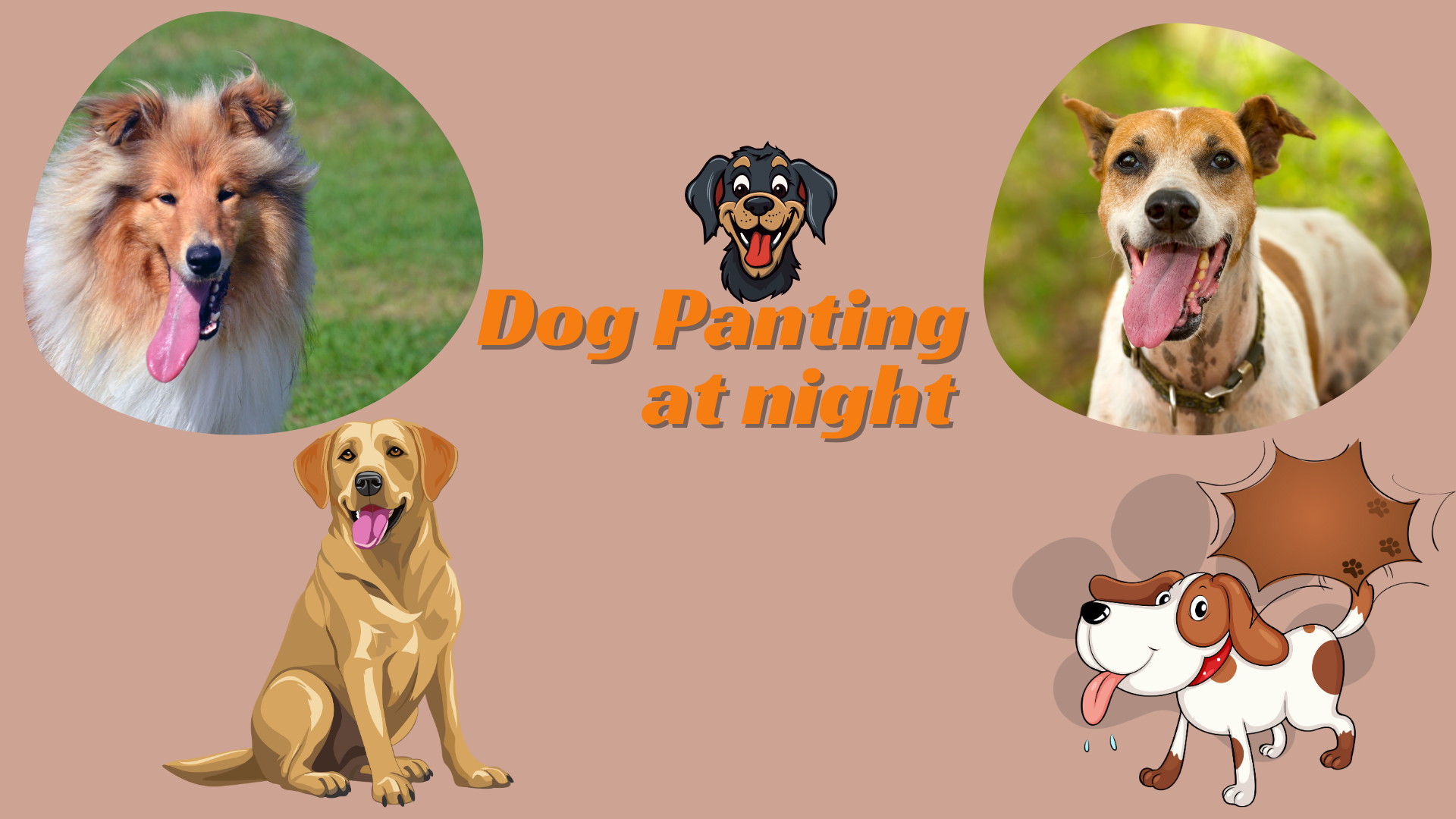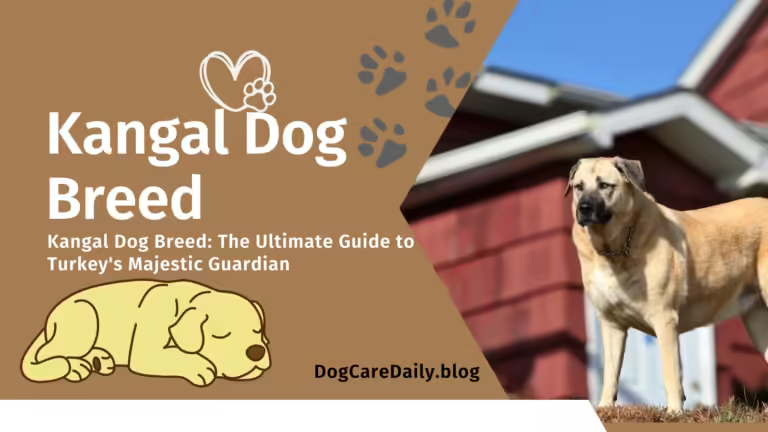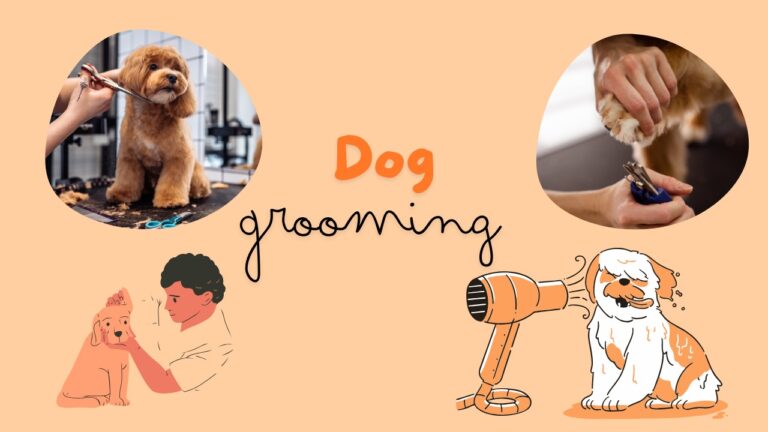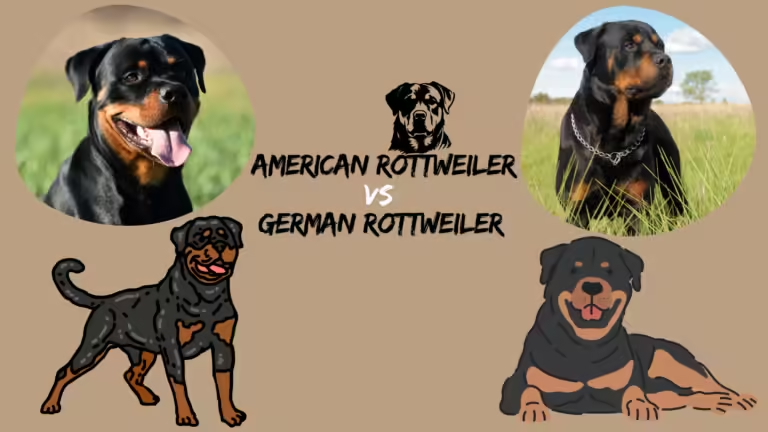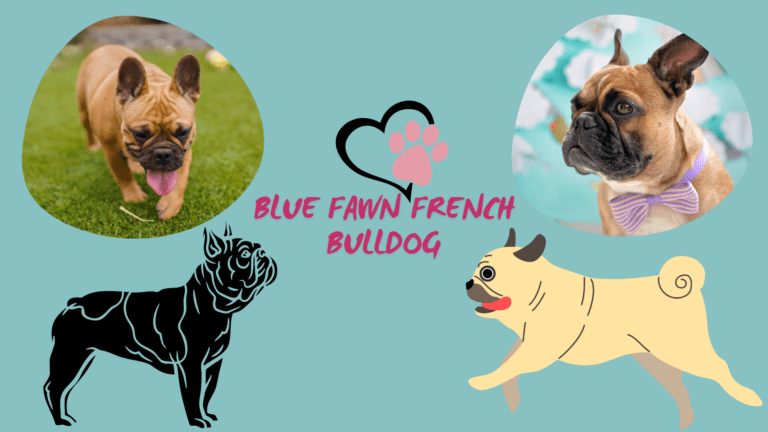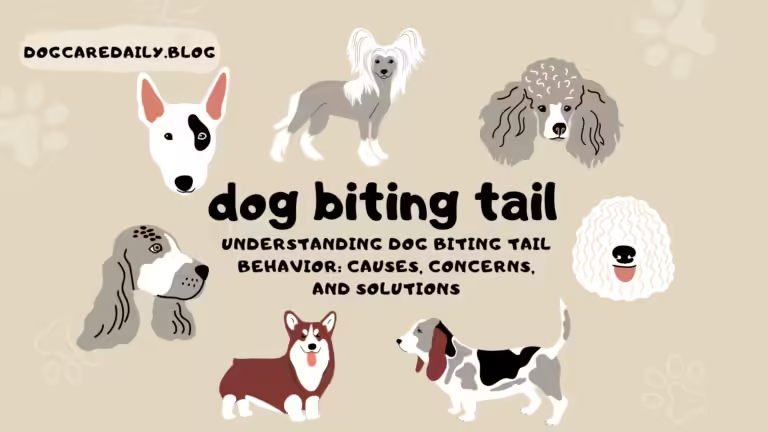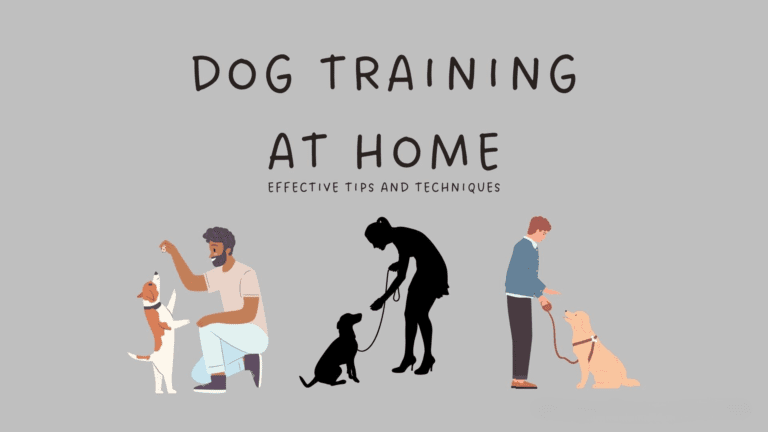Dog Panting at Night: Causes, Health Risks, and Effective Solutions
All dogs pant during nights, but if the panting becomes heavier, then it indicates a deeper issue. Dogs usually pant to cool themselves down, but this kind of panting might persist or appear unusually during nights due to stress, health issues, or environmental influences. This knowledge will ensure that your dog lives at its comfort level and in the best possible condition.
What Is Panting in Dogs?
Panting is the natural cooling process of a dog and also helps regulate its body temperature. Dogs do not perspire like human beings; they pant so that moisture from their tongues, noses, and the lining inside their lungs can be evaporated and thus dissipate the heat. Therefore, there is nothing wrong in case they pant after a run, during warm weather, or even while excited.
Why Dogs Pant More at Night
Where mild panting is expected, Panting at night by your dog may likely be caused by stress and anxiety if it is done excessively.
- Stress and Anxiety: A dog can feel anxious because of a thunderstorm, because of loud noises, or even separation from its owners at night, and this might lead to panting as a coping mechanism.
- Environmental Changes: Other environmental changes also may contribute to panting, such as moving into a new home or restructuring the room or apartment.
- Poor Ventilation: A closed, hot room will heat a dog’s body, so the animal will begin panting in an attempt to cool off.
Common Health Conditions Leading to Night Panting
Heatstroke
Heatstroke is when the dog or any animal is exposed to too much heat for such a long time that body temperature control cannot keep going with it. Night panting can occur if the sleeping space for the dog is too hot, especially during the summer season. The conditions resulting from heatstroke can be heavy panting, drooling, and lethargy. Prevention starts with making sure that the sleeping space for the dog is well aerated and cool.
Anxiety and Fear
If your dog pant heavily at nights, it could be due to anxiety. Fear could be caused by stressors like thunderstorms or fireworks, or even the feeling of being left alone. Anxiety manifests this way: panting, pacing, and whining. Methods to reduce nighttime anxiety include creating a quiet, secure space for your dog, using white noise, or providing calming supplements.
Pain or Discomfort
Heavy panting can be an indication of pain or discomfort. Such dogs may also experience many episodes of heavy panting, especially during the night hours, when they are less distracted by their daily activities. Other signs of pain are restlessness, whimpering, and avoiding contact. A visit to the vet is a good starting point for a proper diagnosis.
Heart Disease
Also heart conditions cause excessive panting in dogs, especially at night, due to lying and poor circulation and oxygenation. There are signs, which include coughing that is also accompanied by symptoms such as lethargy and labored breathing. Heart conditions are treated promptly and early to allow proper management of the disease.
Cushing’s Disease
Cushing’s disease is due to excess production of cortisol and causes heavy panting, especially at night. An affected dog with Cushing’s will also often have such effects as imbibing more than usual and urinating more than usual, and may also have a pot-bellied appearance. If you notice these signs, visit your vet for testing and treatment options.
Cognitive Dysfunction (Dementia)
Some geriatric dogs experience cognitive dysfunction, which results in disorientation and confusion, usually at night. They might pant as a symptom of cognitive dysfunction, commonly known as dog dementia, which disrupts their sleep patterns and makes them anxious or confused during the night time. Supplements and medications are used for supportive care.
Breeds Prone to Panting at Night
Certain breeds are more prone to panting due to their physical makeup or genetic conditions:
- Brachycephalic Breeds: In the short-nosed breeds, like Bulldogs, Pugs and Boxers they breathe a lot more because of the constriction and possible swelling of tissues in their nose cavities and they may pant more than necessary especially at night
- Large Breeds: Labradors and Golden Retrievers, being overweight most of the time and prone to heart problems may pant more frequently than usual when overheated or with respiratory issues.
Environmental Factors Contributing to Night Panting
Environmental Factors That Contribute to Night Panting
To some extent, the sleeping space of your dog matters since the temperature and state of the air can either make or break your comfort level and your dog’s. If the room is too warm or lacks proper ventilation, your dog may start panting to cool down themselves. Making sure that your dog can have a cooling flow of air and a comfortable sleeping place can minimize panting during the night.
Diagnosing the Cause of Panting
If your dog panting continues consistently or even worse, starts with time, you should begin to follow its behavior and take it to a vet. Count the frequency and correlate it with other signs, such as coughing, limping, or changes in appetite; also watch what environmental factors might be responsible for it.
Your vet can run some tests like blood work, x-rays, or heart scans to find out what is causing your dog to pant excessively. Behaviorists could suggest desensitization techniques or anti-anxiety medications if the problem is in the way of anxiety or stress.
Treatment Options for Night Panting
- Medical Treatments: If panting is a sign of a medical condition such as heart disease, pain, or hormonal imbalances, your vet could prescribe medications and treatments to fight that condition.
- Behavioral Interventions: Panting caused by stress can be reduced through calmifying aids such as pheromone diffusers, anxiety wraps, or prescription calming medications. Desensitization training to your dog also reduces the anxiety.
Prevention Strategies
Environmental modification and regular vet visits can prevent the panting of your dog at night in most cases:
- Comfortable Sleeping Area: Make sure the sleeping area for your dog is cool, quiet, and free from anxiety triggers such as noise.
- Regular Vet Checkups: Regular health checks can detect early signs of diseases like heart disease or Cushing’s, making it possible to alleviate worse symptoms further down the line.
How to Comfort a Dog Panting at Night
Sometimes, comfort a panting dog just by giving fresh water, moving them to a cooler room, or using a fan would be enough. Gently petting and calming the environment could also comfort their distress.
FAQs: Dog Panting at Night
Is it normal for dogs to pant at night?
It can be normal sometimes, but regular and heavy panting can be a sign of some underlying problem.
When should I worry about my dog’s panting?
Take your pet to the vet when panting is continuous and is accompanied by other symptoms or seems excessive.
Can anxiety cause nighttime panting?
Yes, anxious conditions caused by stressors like loud noises or separation usually make dogs pant.
How can I help my dog feel comfortable at night?
Create a calm cool environment with familiar items and let them have access to water
Do older dogs pant more?
Actually, panting too much is a common symptom of cognitive dysfunction in old dogs.
What should I do if my dog pants excessively at night?
Monitor the dog’s symptoms, inspect the surroundings, and ask the vet to check on them if their panting continues.

